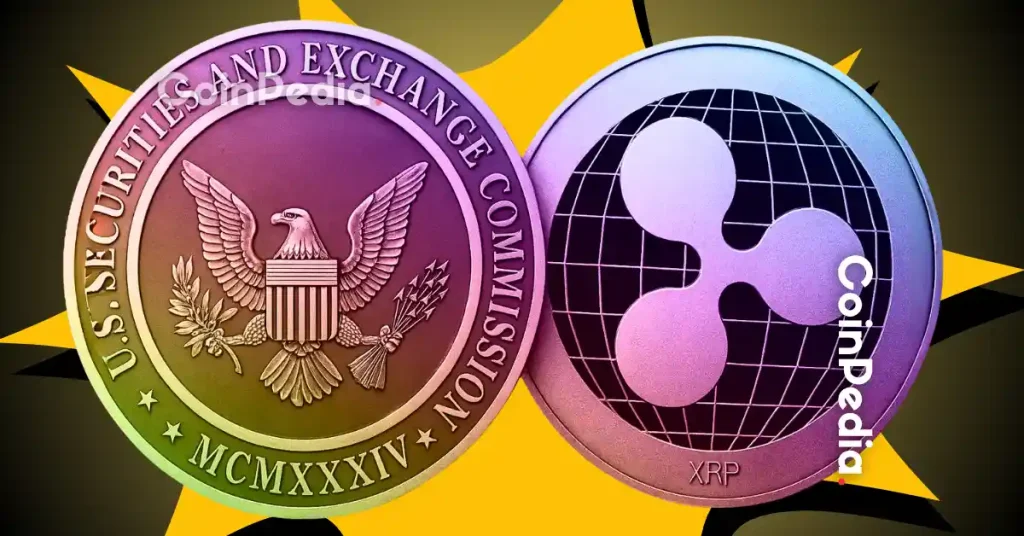
The post Ripple News: Former SEC Director Exposes Impact of Hinman Emails on Regulatory Landscape appeared first on Coinpedia Fintech News
In a recent episode of the Crypto Law Twitter talk show, experts delved into the implications of the public release of the Hinman emails within the Securities and Exchange Commission (SEC). The participants in this enlightening conversation were Crypto Law founder John Deaton, former SEC regional director Marc Fagel, and esteemed attorney Jeremy Hogan.
Inquiry into SEC
Deaton initiated the discussion by probing Fagel about the consequences of making the Hinman emails public. He sought to understand whether this incident had caused any embarrassment within the SEC or if it was regarded as an inconsequential matter.
Also Read: Hinman Emails To Benefit Ripple and Coinbase? John Deaton Weighs In – Coinpedia Fintech News
Consensus on Ethical Implications
Responding to Deaton’s query, Fagel aligned his views with Hogan, who had previously offered insights into the ethical implications of the email disclosures. Fagel agreed that making the emails public casts a negative light on William Hinman, although it does not significantly alter the trajectory of the overarching legal case.
Unsettling Observations
Fagel expressed reservations about the optics of the situation, deeming it unusual. He suggested that such developments were likely to cause discomfort among SEC staff.
Fagel drew from his extensive experience, sharing that during his nearly two-decade tenure at the SEC, he oversaw an office comprising over a hundred staff members. He emphasized the ethical obligation of employees to decline any gifts or tokens from entities under evaluation by the SEC, no matter how insignificant.
The release of the Hinman documents has generated a multitude of perplexing questions and revealed inconsistencies in the SEC’s approach to cryptocurrency regulations.
Legal Consequences
It has become even more apparent that the agency has been sending mixed messages to the market while maintaining its commitment to “protecting American investors.”
This contradictory behavior has resulted in legal battles involving various crypto-related companies such as Ripple, Coinbase, Binance, LBBRY, Circle, and Paxos, all of whom have endeavored to comply with the regulations.

 2 years ago
114
2 years ago
114














 English (US) ·
English (US) ·